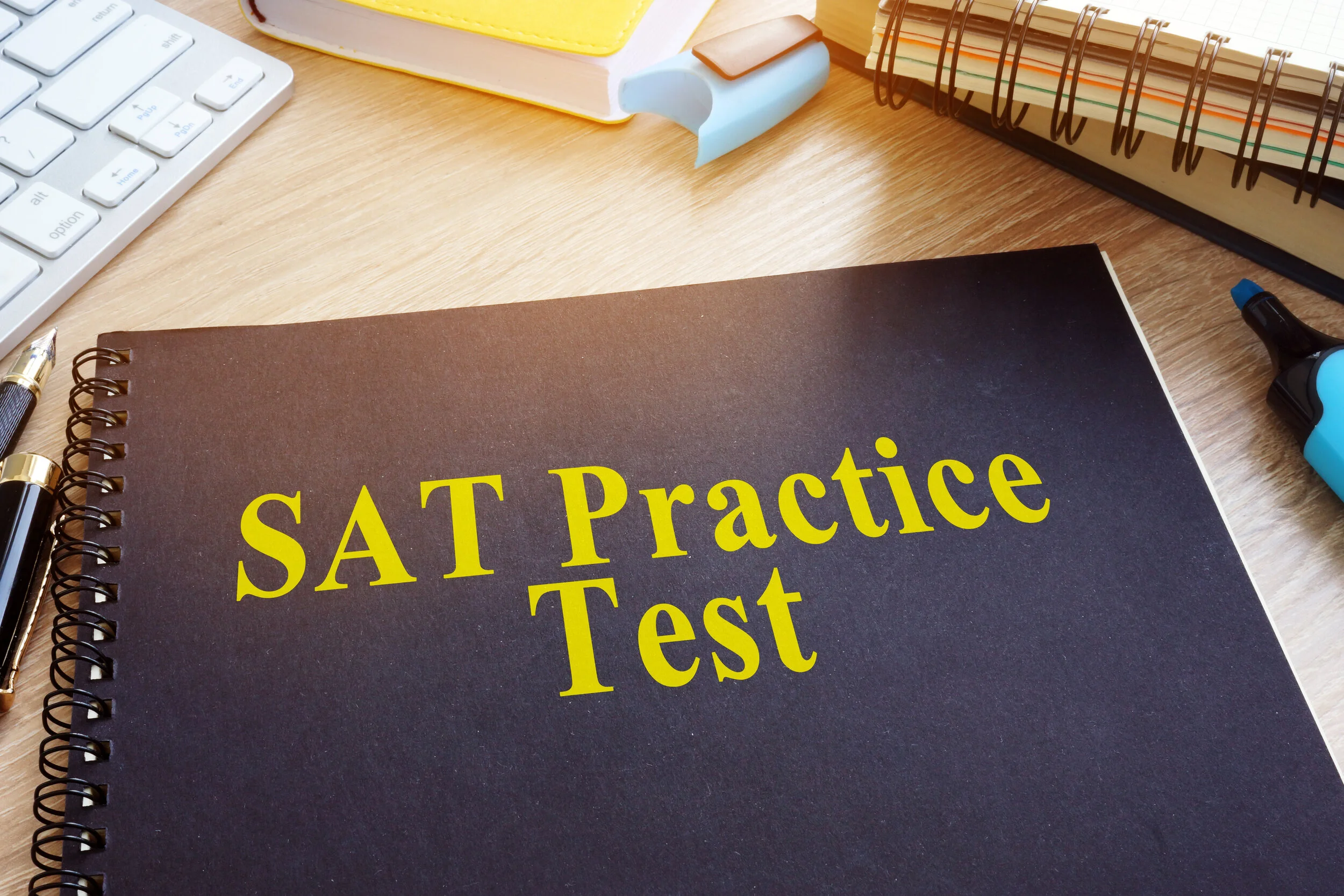How to Write a Winning Common App Personal Statement: A Guide for Students and Parents
/When it comes to applying to college, few elements carry as much weight, and cause as much stress, as the Common App personal statement. It’s your chance to show colleges who you really are. It’s about telling your story– a story that you want Admissions Officers to remember.
This guide is designed for both students and parents to better understand what makes a powerful Common App essay, and how to choose between different storytelling approaches to make it stand out.
Before diving into the types of essays and strategies, it’s helpful to know what colleges are really looking for in a personal statement:
Authenticity: Is the voice genuine? Does it reflect the real student?
Self-awareness: Does the student reflect thoughtfully on their experiences?
Growth: Has the student learned something meaningful or shown personal development?
Fit: Does the story demonstrate qualities that would make the student a valuable member of a college community (e.g. curiosity, resilience, empathy, initiative)?
1. The Descriptive Narrative (Life-Changing Experience)
This is the most common essay type: it centers around a significant moment, challenge, or turning point.
What It Looks Like: A student writes about a pivotal injury that taught them how to overcome, or a move to a new country that forced them to grow up in a new culture, or the loss of a parent that redefined their family role.
Why It Works:
It often shows clear character development.
It helps readers visualize a specific moment and understand the degree of perseverance, resilience, and determination that the student demonstrated.
It feels grounded in reality, which helps the student come across as being genuine.
Tips for Success:
Employ classic literary elements such as setting, rising action, climax, falling action, and resolution (one to two sentences each).
Use Imagery (i.e. vivid detail): Sights, sounds, smells, tastes, and feelings.
Focus not just on what happened, but how it changed you and why it matters now.
Make Sure to:
Reflect on your life changing experience– Don’t merely describe it.
Avoid cliché topics.
2. The Creative/Conceptual Essay
Some students stand out by using a more literary or unconventional structure. This approach can work especially well for students interested in writing, design, or creative fields—but only if done skillfully.
What It Looks Like: A metaphor-rich piece comparing something as simple as shopping at Costco to the principles of Physics such as momentum, the law of conservation of energy, electrostatics, etc.
Why It Works:
It grabs attention when done well.
It allows for imaginative structure and a bold voice.
It can be a powerful way to reveal personality and thought processes.
Tips for Success:
Keep clarity and meaning at the forefront of the creative piece.
Make sure the topic doesn’t distract from the goal of demonstrating your personality.
Always bring it back to who you are and what you value.
Make Sure to:
Avoid sounding awkward or overly abstract.
Make sure your reader learns something real about you.
General Strategies for a Strong Essay
Whether you go with a narrative or a creative piece, these tips will help shape a memorable personal statement:
Know your message: What do you want admissions officials to remember about you?
Show, don’t tell: Instead of saying “I’m resilient,” show a moment when you had to bounce back and overcome obstacles.
Avoid a summary of achievements: Your activities list and resume already do that, so choose one or two key extracurricular activities to elaborate on.
Revise repeatedly: The best essays are rewritten often several times over the course of a few months.
Read it out loud: This helps catch awkward phrasing and tone mismatches.
Final Advice
There’s no one “perfect” topic or format. The most powerful Common App personal statements reflect a real human being—flaws, quirks, and all—who has thought deeply about their own life. Reflecting positive attributes such as compassion, open-mindedness, and a willingness to give back is what makes an admissions official stop, smile, and say: We need this applicant on our campus.
For assistance on the Common App personal statement, contact us today using the “Contact” tab on our website or by calling 858-829-2838 to setup an appointment. With our expert guidance, our College Consultants can assist your student in drafting the best essay of their high school career. Here at DowEdu, we are in the business of “Helping you to achieve your dreams!”














